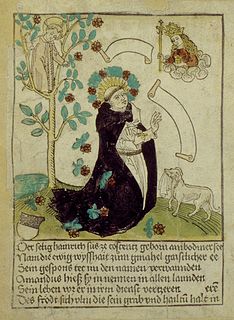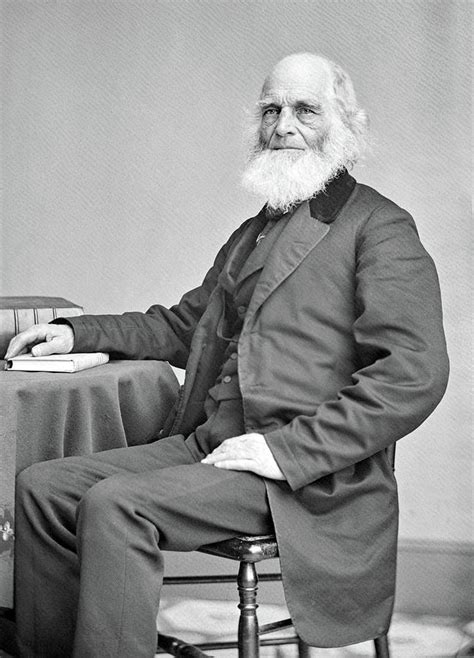A Quote by William Shakespeare
Thou know'st 'tis common; all that lives must die, Passing through nature to eternity.
Related Quotes
Why dost thou heap up wealth, which thou must quit,
Or what is worse, be left by it?
Why dost thou load thyself when thou 'rt to fly,
Oh, man! ordain'd to die?
Why dost thou build up stately rooms on high,
Thou who art under ground to lie?
Thou sow'st and plantest, but no fruit must see,
For death, alas! is reaping thee.
Here must thou be, O man, Strength to thyself - no helper hast thou here - Here keepest thou thy individual state: No other can divide with thee this work, No secondary hand can intervene To fashion this ability. 'Tis thine, The prime and vital principle is thine In the recesses of thy nature, far From any reach of outward fellowship, Else 'tis not thine at all.
Thou shalt understand that it is a science most profitable, and passing all other sciences, for to learn to die. For a man to know that he shall die, that is common to all men; as much as there is no man that may ever live or he hath hope or trust thereof; but thou shalt find full few that hath this cunning to learn to die. I shall give thee the mystery of this doctrine; the which shall profit thee greatly to the beginning of ghostly health, and to a stable fundamental of all virtues.
I am Envy, begotten of a chimney-sweeper and an oyster-wife. I cannot read, and therefore wish all books were burnt; I am lean with seeing others eat - O that there would come a famine through all the world, that all might die, and I live alone; then thou should'st see how fat I would be! But must thou sit and I stand? Come down, with a vengeance!
The stage I chose--a subject fair and free--
'Tis yours--'tis mine--'tis public property.
All common exhibitions open lie,
For praise or censure, to the common eye.
Hence are a thousand hackney writers fed;
Hence monthly critics earn their daily bread.
This is a general tax which all must pay,
From those who scribble, down to those who play.
Thou O Spirit, that dost prefer Before all Temples th' upright heart and pure, Instruct me, for Thou know'st; Thou from the first Wast present, and with mighty wings outspread Dove-like satst brooding on the vast Abyss And mad'st it pregnant: What is in me dark Illumine, what is low raise and support; That to the heighth of this great Argument I may assert Eternal Providence, And justify the ways of God to men.
A God must have a God for company.
And lo! thou hast the Son-God to thy friend.
Thou honour'st his obedience, he thy law.
Into thy secret life-will he doth see;
Thou fold'st him round in live love perfectly-
One two, without beginning, without end;
In love, life, strength, and truth, perfect without a flaw.




































